Description
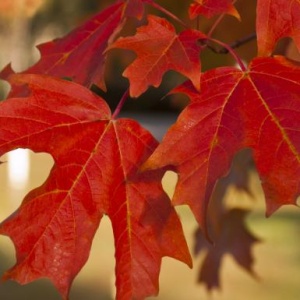 Matador™ Maple
Matador™ Maple
Acer x freemanii ‘Bailston’
Selected because of its improved habit and superior, deep red fall color, Matador™ is an unbeatable shade tree with an upright form and symmetrical branching.
- Height: 40-45′
- Width: 20-40′
- Exposure: Full Sun
- Zone: 4-7
Additional Attributes
Foliage Green
Growing Tips
Pruning: Late winter
Fertilizing: Balanced NPK
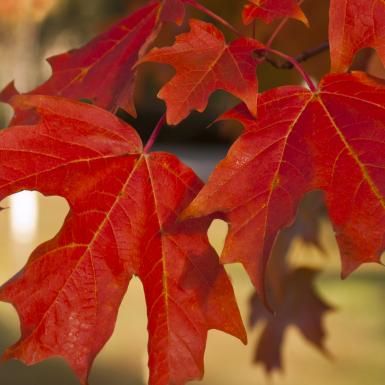
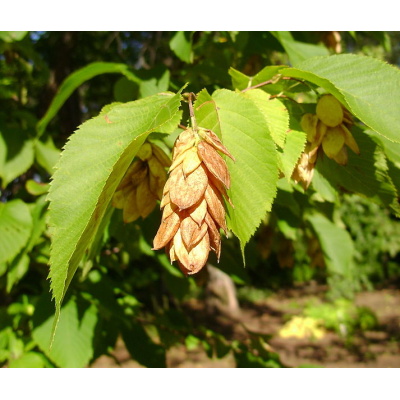
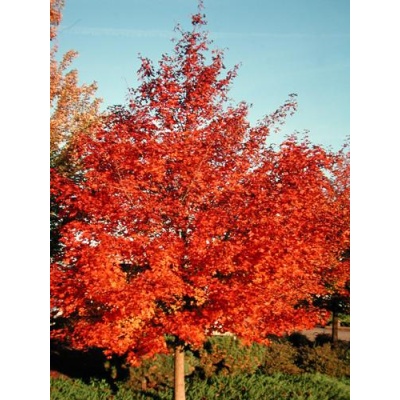
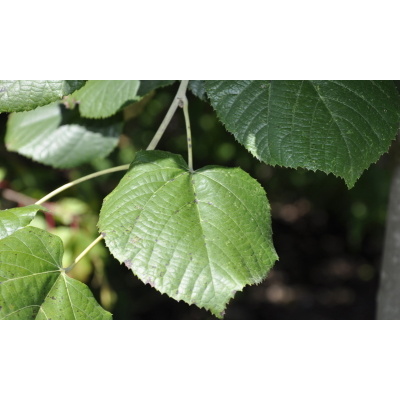
Reviews
There are no reviews yet.